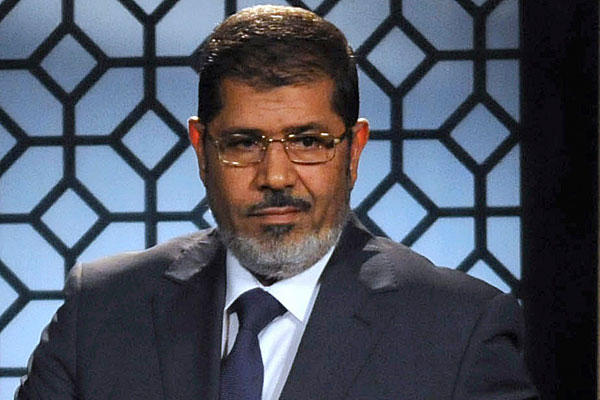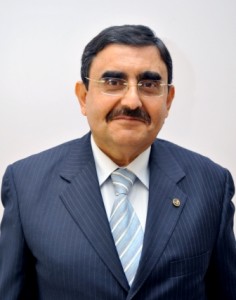December 27-2013

. . . charged for working with Islamic Rep.
In both Egypt and Turkey last week, new charges were leveled about alleged Iranian interference. It did not appear that either allegation had much substance.
The more serious—but also more flimsy—charges were aired in Egypt where the military regime threw the book at deposed President Mohamed Morsi, accusing him of more crimes against Egypt in his one year in office than it has accused his predecessor, Hosni Mubarak, of committing in three decades.

In Turkey, the charges were not leveled by the government, but by police and prosecutors who last week arrested dozens of people—including the children of cabinet members—in a massive corruption probe.
At the center of the probe was Turkey’s Halkbank, which was the last bank in the world that did business with Iran, halting transactions only at the start of this year. The arrests were widely seen as a challenge to the authority of Prime Minister Recep Tayyip Erdogan.
Much of the Turkish media said the investigation alleges the laundering of money from Iran through Halkbank as well bribes being made to obtain state contracts. More than 50 people were detained.
The general manager of Halkbank was among those arrested. Police said they found $4.5 million in cash stashed in shoeboxes in his home. Most of the media spoke of the shenanigans involving Halkbank’s role in processing payments for Iran. But Today’s Zaman, an English language Turkish daily, said the charges involved crimes by bank executives and had nothing to do with Iran. It said the media had just jumped to conclusions because Halkbank is linked to Iran in the public mind.
In Egypt, many human rights groups, which were often critical of Morsi, laughed at the new charges there. Sarah Leah Whitson of Human Rights Watch called them “fantastical, to say the least.”
Some three dozen leaders of the Muslim Brotherhood were charged along with Morsi in what looked like an effort to decapitate the political party.
The charges said the plotters arranged for Muslim Brothers to get military training from the Pasdaran in Iran as well as training in how to “launch rumors” and “direct public opinion.”
Morsi’s national security adviser, Essam al-Haddad, was accused of giving the Pasdaran Egyptian state secrets. And he was accused of meeting with Iran’s chief of intelligence in a luxury hotel in Cairo were he supposedly sought Iranian assistance in forming a new intelligence agency under the control of the Muslim Brotherhood. Haddad was charged by Morsi with handling negotiations with Iran, but they seemed to lead nowhere, as relations remained testy throughout Morsi’s year in power.
The prosecution also said Morsi asked the Pasdaran for advice on restructuring the Egyptian Interior Ministry, forming a “free army” and planning to seize control of the military if anti-Morsi protests got out of hand.
The charges against Morsi included his encouragement for Egyptians to join the rebels in Syria, where they would have opposed Iranian policy. No one sought to explain that inconsistency.
After Morsi’s ouster last July, the Brotherhood is accused of conspiring with Iran, Hezbollah and Hamas to organize terrorist attacks on Egyptian forces in the Sinai Peninsula in retribution for the coup.
